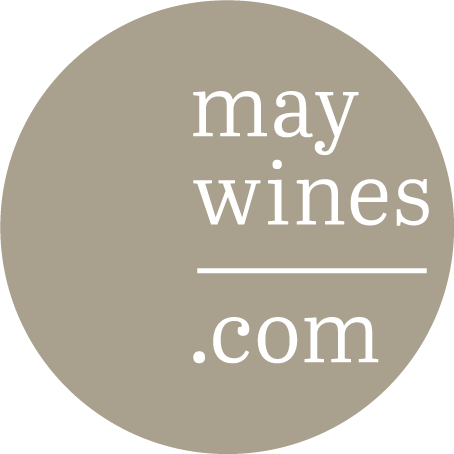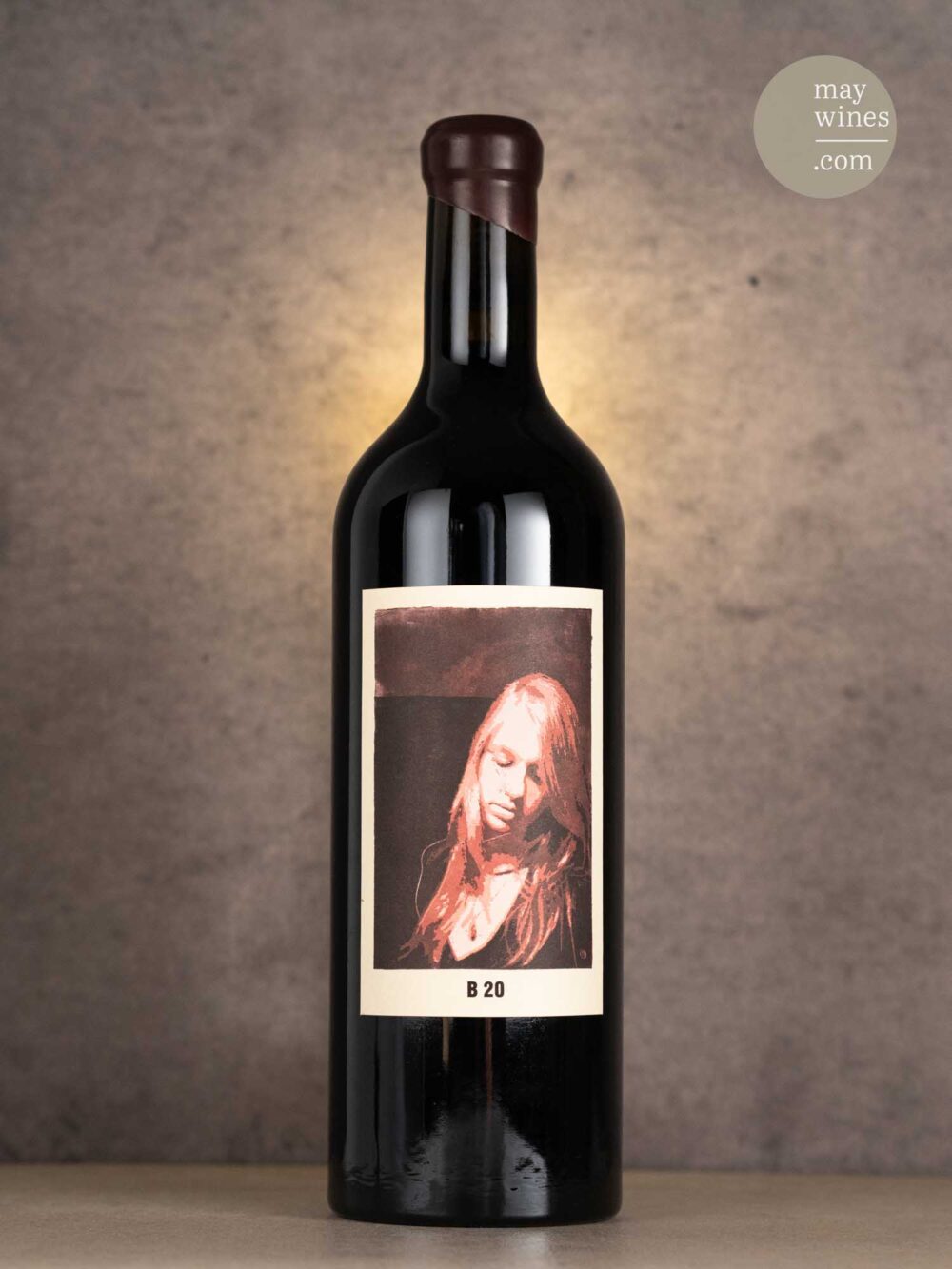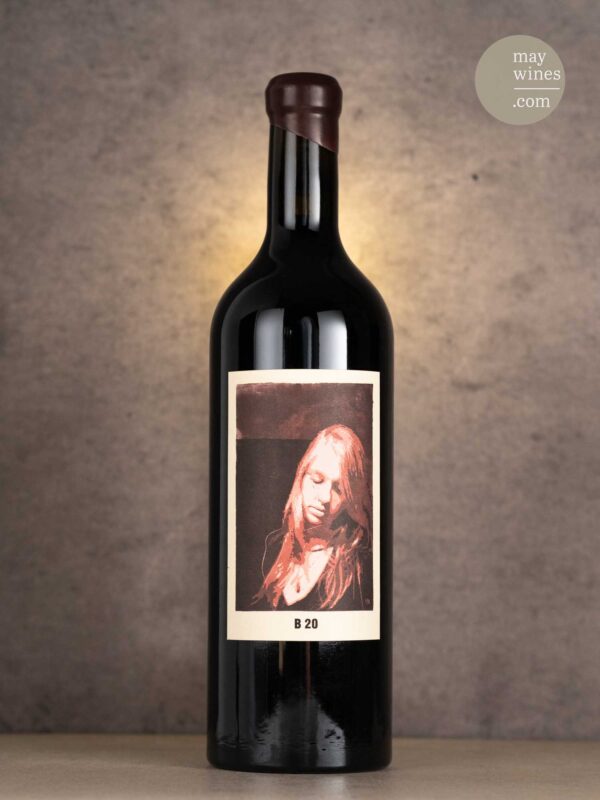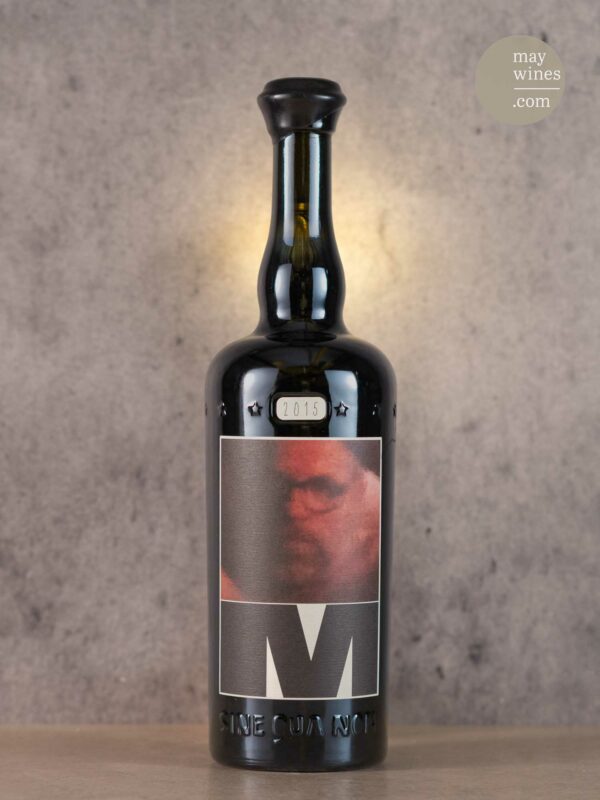Sine Qua Non
4,3 Millionen Suchergebnisse auf Google für SQN (=Sine qua non). Wein-Connaisseure interessiert aber nicht die in der Rechtswissenschaft oder Philosophie verwendete Formel, sondern die Kultweine von Sine qua non.
Es ist das einzige Top-Weingut, das nicht in Napa Valley sitzt und zudem keinen Cabernet Sauvignon erzeugt, wenn man an andere große Weine wie Screaming Eagle, Colgin oder Harlan Estate denkt. Gründer und Inhaber ist der gebürtige Ennser (Oberösterreich) Manfred Krankl. 1980 wanderte er mit 24 Jahren nach Kalifornien aus. Bis er sein eigenes Weingut im Ventura County, 120 km nördlich von Los Angeles, gründete, sollte es aber noch 14 Jahre dauern.
Krankl begann mit Jobs in der Gastronomie und hatte schließlich die Leitung des sehr guten Lokals namens Campanile inne. Zu einem guten Restaurant gehört gutes Brot, weswegen Krankl eine hauseigene Bäckerei gründete. Krankl wollte auch Hauswein haben, guten Hauswein. Schließlich war ja auch das Restaurant ziemlich gut! Er kontaktierte mehrere Winzer und füllte schließlich den ersten Wein ab, einen Chardonnay, Jahrgang 1990, in Kooperation mit der Babcock Winery. Bedingung war unter anderem, dass sich Krankl stark ins Weinmachen einbringen durfte. Das Restaurant lief gut, aber die Bäckerei schlug richtig ein. 500 Leute arbeiteten irgendwann für La Brea Bäckerei, die köstliches Brot in einem Umkreis von über hundert Kilometern verkaufte.
Krankl veräußerte die Bäckerei zu einem guten Zeitpunkt und konnte sich so sein eigenes Weingut finanzieren. Als Liebhaber von Rhône Rebsorten, allen voran Grenache und Syrah, brachte er 1994 seinen Erstwein Syrah “Queen of Spades” auf den Markt. Den schickte er gleich mal Robert Parker. Der mochte ihn. Muss man noch mehr sagen? In drei Tagen waren die 100 Kisten ausverkauft. SQN Weine genießen seit Anfang an Kultstatus und werden jedes Jahr von Liebhabern rund um die Welt sehnsüchtig erwartet. Es ist nicht nur die Feinheit und Eleganz der Weine, es ist auch die Aufmachung. Krankl gibt jedem seiner Weiß- und Rotweine stets einen neuen, ungewöhnlichen Namen und gestaltet zusammen mit seiner Frau Elaine jedes Etikett selbst.




